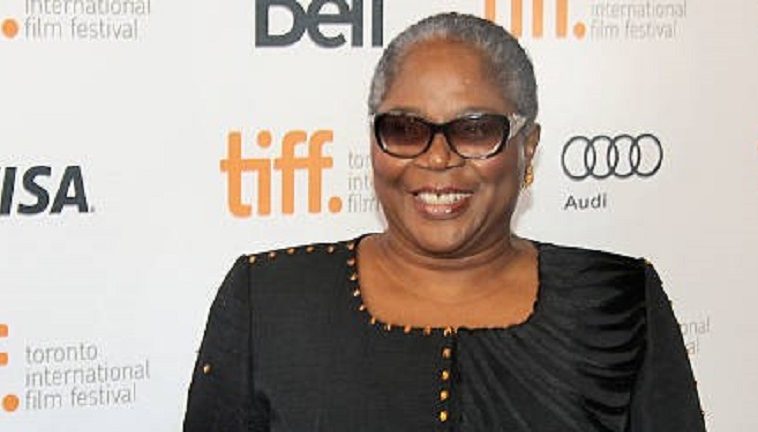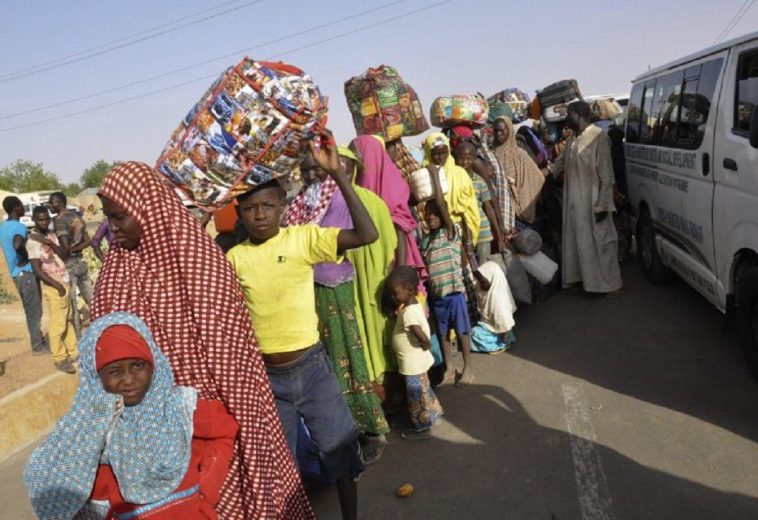Despite the intent to provide temporary settlements, many refugee camps across Africa face a range of challenges that complicate the pursuit of long-term Sustainable Development Goals (SDGs). These temporary settlements, often designed to provide immediate relief to displaced persons ends up harbouring them for over a decade due to ongoing conflicts in their home countries.
Data reveals a particularly acute disparity between global and African displacement figures. On a global scale, the UNHCR’s Global Trends Report 2023 indicates that there are approximately 110 million displaced people globally, comprising 35 million refugees, 51 million internally displaced persons (IDPs), and 24 million asylum seekers.
In Africa alone, 40 million people were displaced as of 2023. This includes over 11 million refugees and asylum seekers and approximately 29 million internally displaced persons. The African region continues to grapple with the challenges posed by displacement, with many countries struggling to provide adequate support and protection to those affected.
Hosting refugees and IDPs strains the infrastructure and resources of host nations, as seen in countries like Kenya and Uganda, which have reported pressure on their education, healthcare, and housing systems.
The economic impact of these internal displacement crisis extends beyond immediate costs, affecting long-term development and stability. Displacement can disrupt local markets, increase unemployment, and strain social services. This not only affects the daily lives of those displaced but also has broader implications for the host country’s economy.
According to the UNDP, the economic impact of forced displacement could cost host countries up to 1% of their GDP annually. This figure highlights the significant financial burden that displacement places on countries already struggling to provide for their own populations.
Sustainable Innovations in Refugee Camps
Sustainable innovations are being integrated into refugee camps across Africa. One area of focus is green energy solutions, which provide reliable and clean electricity. For example, solar power initiatives for refugee projects have been implemented in camps such as Dadaab in Kenya, reducing reliance on costly and environmentally damaging diesel generators. Additionally, biogas projects convert organic waste into renewable energy, addressing both waste management and energy needs.
Improving access to water and sanitation is another key area of innovation. Solar-powered water purifiers and rainwater harvesting systems have been installed in camps across Africa, significantly enhancing water availability and quality. Eco-friendly toilets, such as composting and mobile sanitation units, reduce environmental impact and improve hygiene.
Sustainable shelter solutions are also being developed, using eco-friendly materials like bamboo and recycled plastic. The Refugee Housing Unit project provides durable and environmentally friendly housing solutions, while modular housing units offer flexibility and can be quickly assembled.
READ ALSO: Africa’s Progress Towards Clean Water Security
Digital classrooms and e-learning platforms ensure continued access to education for displaced children, as seen in the “Educate a Child” programme. Vocational training and entrepreneurship programmes, such as the Refugee Entrepreneurship Initiative in Ethiopia, empower refugees to gain skills and start their own businesses. These initiatives aim to promote economic stability and self-sufficiency among refugees.
The “Refugee Skills Development Programme” in Uganda provides vocational training and entrepreneurial support, enabling refugees to acquire new skills and start their own businesses. Similarly, the “Refugee Entrepreneurship Initiative” in Ethiopia empowers refugees to start and manage their own enterprises, offering a path to economic independence and self-sufficiency.
The leveraging of sustainable technologies and practices has contributed to improving the living conditions of displaced populations while supporting the Sustainable Development Goals (SDGs). Continued investment and support for these initiatives are crucial for building a more resilient and sustainable future for refugees in Africa.




